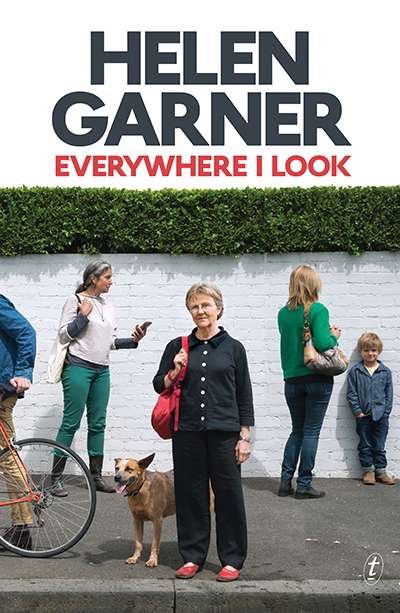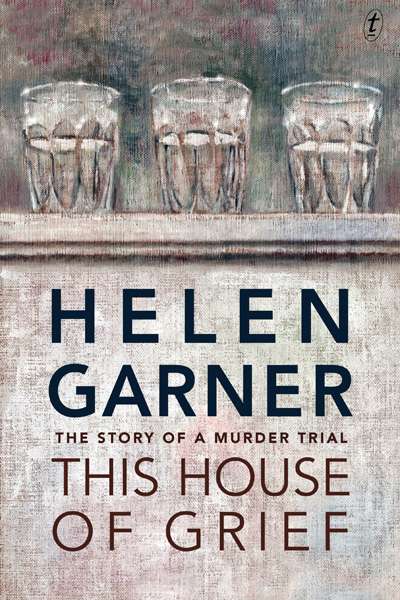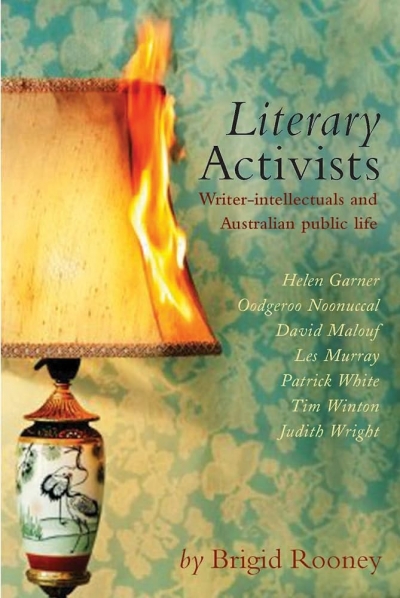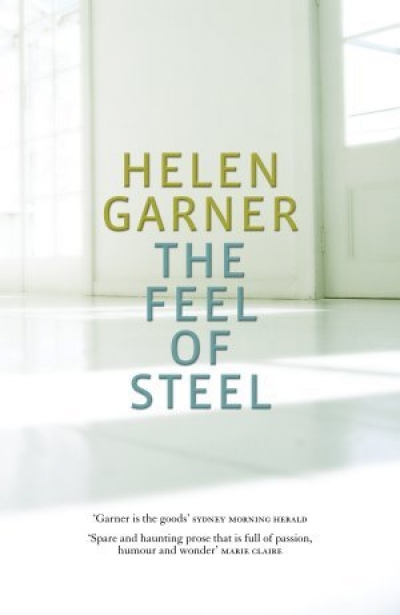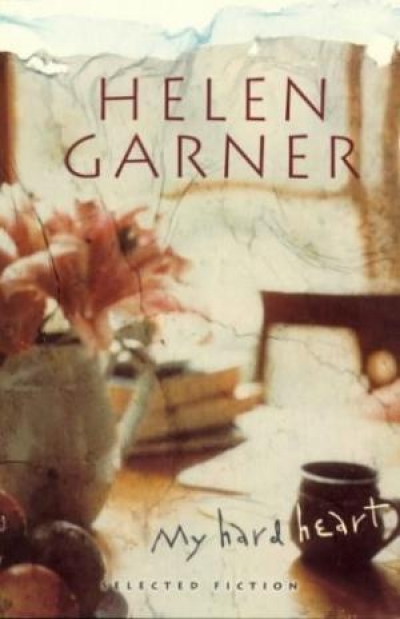Helen Garner
 Helen Garner (born 1942) is an Australian novelist, short-story writer, screenwriter and journalist. Garner’s first novel, Monkey Grip, published in 1977, immediately established her as an original voice on the Australian literary scene – it is now widely considered a classic. She has a reputation for incorporating and adapting her personal experiences in her fiction, something that has brought her widespread attention, particularly with her novels, Monkey Grip and The Spare Room (2008).
Helen Garner (born 1942) is an Australian novelist, short-story writer, screenwriter and journalist. Garner’s first novel, Monkey Grip, published in 1977, immediately established her as an original voice on the Australian literary scene – it is now widely considered a classic. She has a reputation for incorporating and adapting her personal experiences in her fiction, something that has brought her widespread attention, particularly with her novels, Monkey Grip and The Spare Room (2008).
Throughout her career, Garner has written both fiction and non-fiction. She attracted controversy with her book The First Stone (1995) about a sexual-harassment scandal in a university college. She has also written for film and theatre, and has consistently won awards for her work, including the Walkley Award for a 1993 Time Magazine report. Adaptations of two of her works have appeared as feature films: her debut novel Monkey Grip and her true-crime book Joe Cinque’s Consolation (2004) – the former released in 1982 and the latter in 2016.
Helen Garner (1942–) is an Australian novelist and non-fiction writer. Garner’s first novel, Monkey Grip, was published in 1977 and was adapted for film in 1981. Since then she has written many works of fiction, including The Children’s Bach (1984), Cosmo Cosmolino (1992), and The Spare Room (2008), as well as non-fiction, including ...
Bernadette Brennan on 'The Children's Bach' by Helen Garner for Reading Australia
‘For our house is our corner of our world … If we look at it intimately, the humblest dwelling has beauty.’
Gaston Bachelard, The Poetics of Space (1958)
Houses, and their domestic spaces of intimacy and negotiation, s ...
Literary Activists: Writer-Intellectuals and Australian Public Life by Brigid Rooney
And the winners are ...
The judges of the 2004 ABR Reviewing Competition were gratified by the level of interest in this competition and by the overall standard of entries. We received almost 100 entries (a third of them from subscribers). Fiction and non-fiction were evenly divided; there were rather fewer children’s/young adult book reviews. To no one’s surprise, the most popular book was Helen Gamer’s Joe Cinque’s Consolation: A True Story of Death, Grief and the Law, followed by Shirley Hazzard’s The Great Fire and Peter Goldsworthy’s Three Dog Night. In the non-fiction category, the field was eclectic, from poetry to memoir to academic monograph. The judge had to hand it to Alan Whitehead of Blackheath NSW, who chose to review the 2005 Sydney and Blue Mountains Street Directory. Next time we look forward to his critique of the telephone directory.
... (read more)
